Janet Samuel, Abuja
Diplomatic reporters in Nigeria have been urged to uphold and maintain ethical standards of professionalism in reporting diplomats to contribute a positive image of the country on the global stage.
The Director General and the Chief Executive Officer of the Voice of Nigeria (VoN) Baba Ndace, gave the advice while speaking at a two day capacity building workshop for diplomatic reporters on Tuesday in Abuja, organized by the diplomatic Extra Magazine in collaboration with the Ministry of Foreign Affairs and Chinese Embassy in Nigeria.
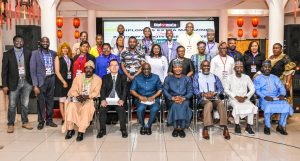
Ndace, who spoke on the theme : “Enhancing Diplomatic Reporting in Nigeria” noted that diplomatic reporting is the backbone of international journalism that provides the public with insights into the complexities of global relations, international policies, and diplomatic negotiations adding that, effective diplomatic reporting helps demystify foreign policy decisions and presents the nuanced perspectives of different countries.
” Today, we gather to discuss an area of journalism that is as crucial as it is challenging: diplomatic reporting. In our increasingly interconnected world, the role of diplomatic reporting has never been more important. It serves as the bridge between nations, fostering understanding, cooperation, and peace.
“Diplomatic reporting is the backbone of international journalism. It provides the public with insights into the complexities of global relations, international policies, and diplomatic negotiations. Effective diplomatic reporting helps demystify foreign policy decisions and presents the nuanced perspectives of different countries. This type of reporting is essential for promoting transparency and accountability in international affairs”
According to him, Diplomatic reporting in Nigeria faces several challenges that include, access to information, Complexity of International Relations, Pressure and Bias, and Safety and Security among others, maintaining that, addressing such challenges, key strategies like capacity building, language skills and building relationships can provide valuable skills and enhance effective diplomatic reporting.
The DG, who noted that enhancing diplomatic reporting requires a concerted effort, urged media organisations and stakeholders to invest in training and build strong networks to ensure safety of journalists and improve the quality of diplomatic reporting to contribute to a more informed public and accountable international community
On his part, the Chinese Ambassadors, who was represented by Charge d’Affaires of Chinese Embassy, Zhang Yi, noted that diplomatic reporting on Nigeria-China exchanges and co-operations has played a key role in deepening understanding and enhance mutual trust between the two countries, hence, Nigeria has become China’s biggest contractor market, third largest trading partner and major investment destination in Africa.
“At present, the intertwining destinies of China and Nigeria highlight a complex narrative of development, ambition, and challenges in the modern era. Both nations, characterized by their vast populations and rich cultural legacies, strive to carve their paths in an ever-changing global landscape. As diplomatic reporters, we have a lot to cover in each others’ development«.
Earlier, the Chief Executive Officer of the Diplomats Extra Magazine, Mr Raphael Oni, who appreciated the media executives for their presence and the journalists, for deeming it fit to update their capacity, urged them to seize the opportunity to update their knowledge and enhance their skills
“We have carefully curated this programme to ensure that it is informative, engaging, and relevant to your needs. Our goal is to create a supportive learning environment that fosters growth, creativity, and innovation”
He maintained that, “as diplomatic reporters, it is essential to maintain the highest standards of journalism and avoid getting entangled in the web of fake stories. Diplomatic reporters are responsible for providing accurate and reliable information to the public. If they perpetuate fake stories, they risk damaging their credibility and losing the trust of their audience.”
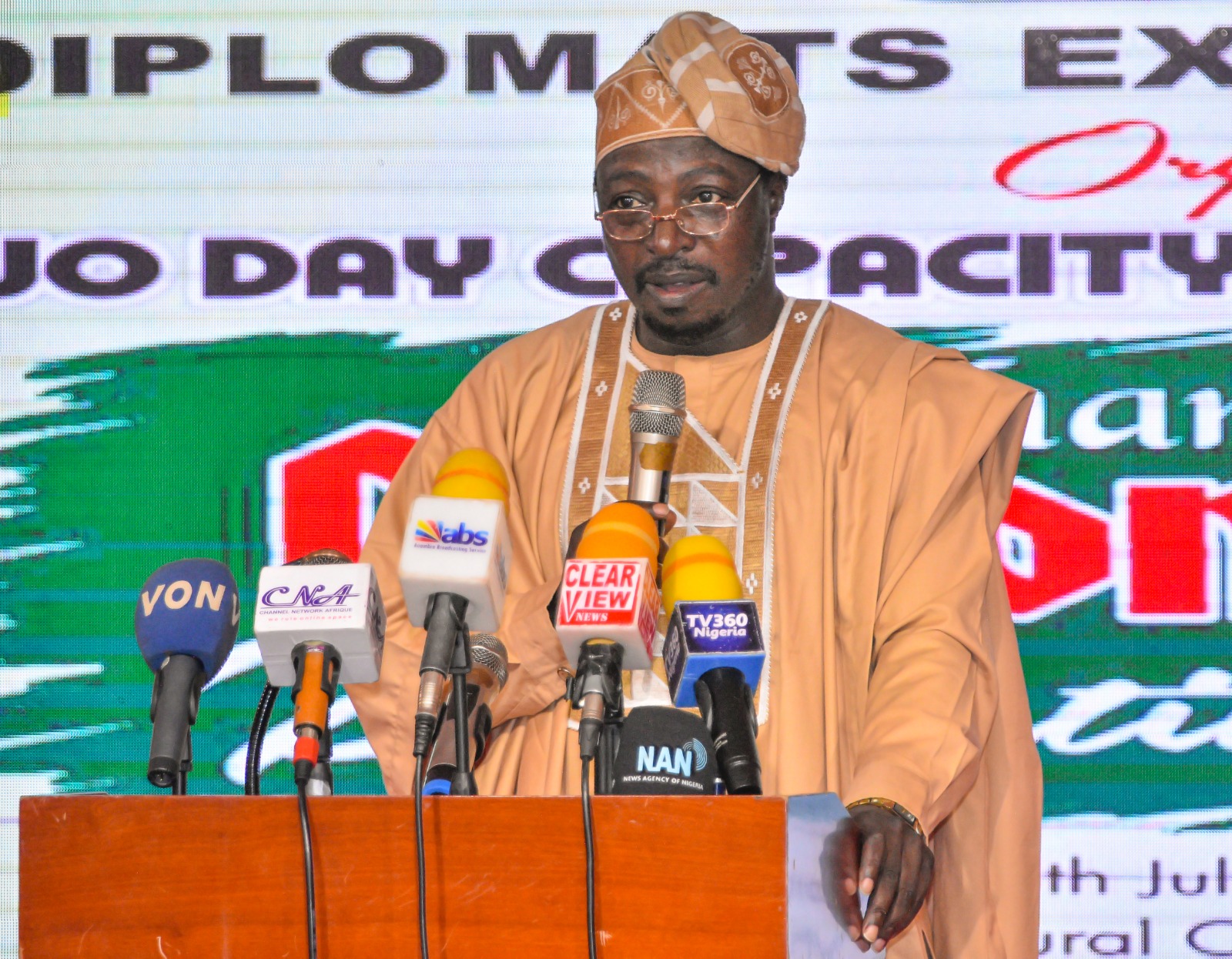
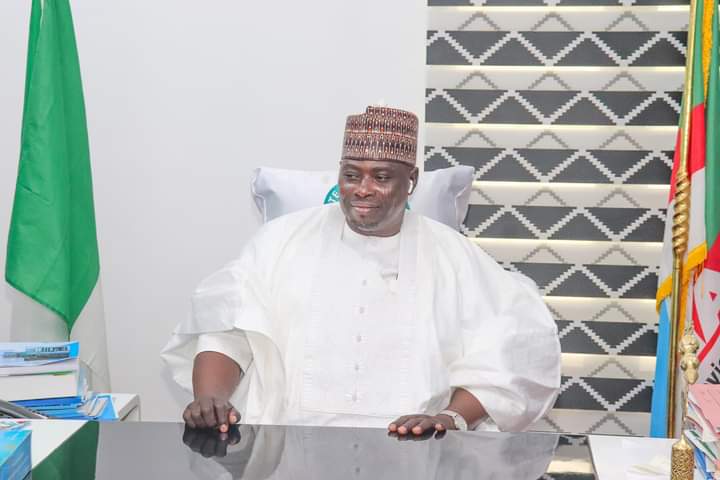
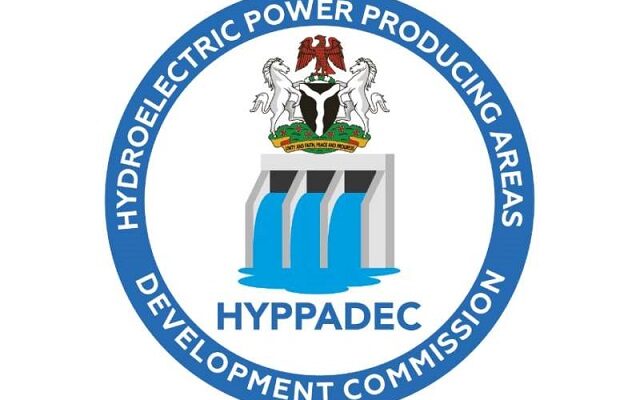
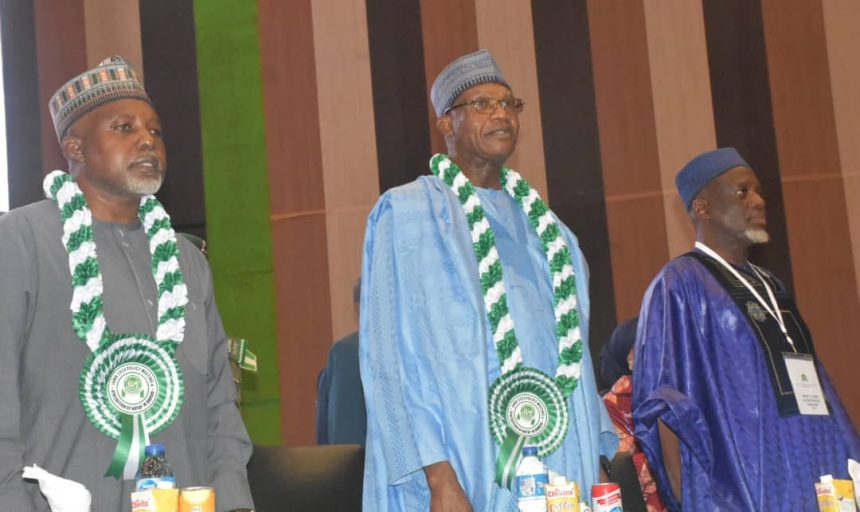
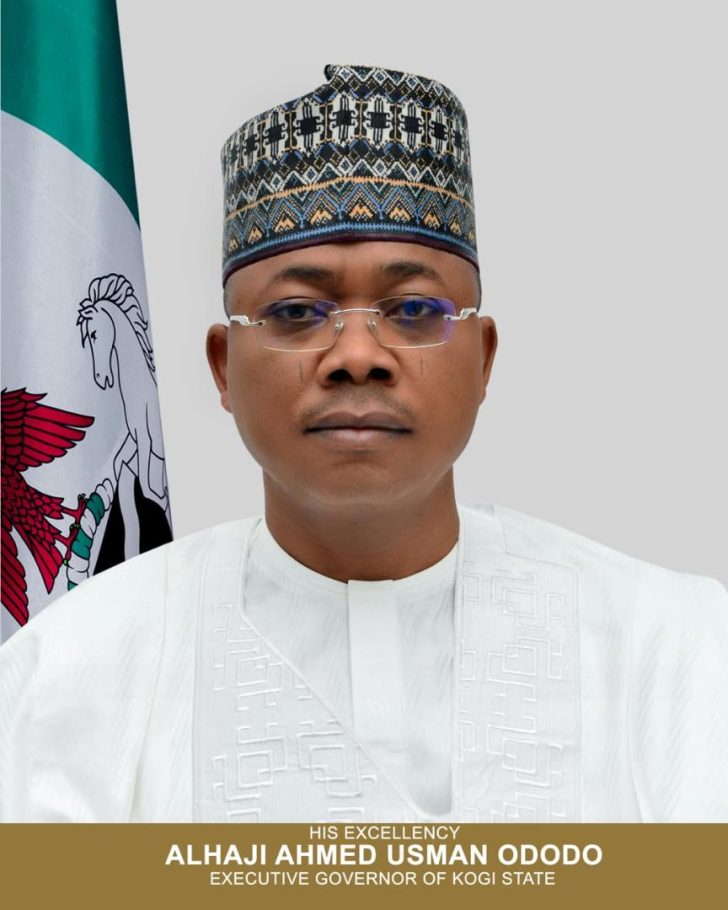
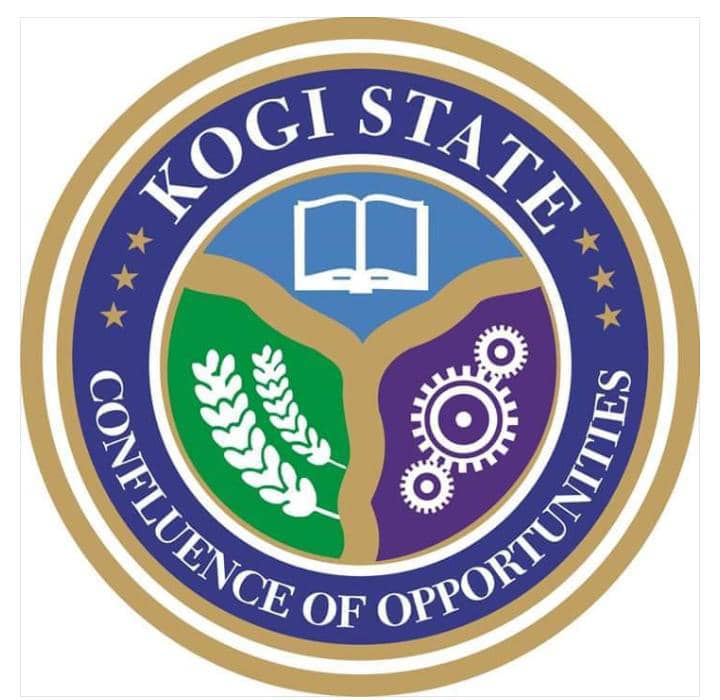
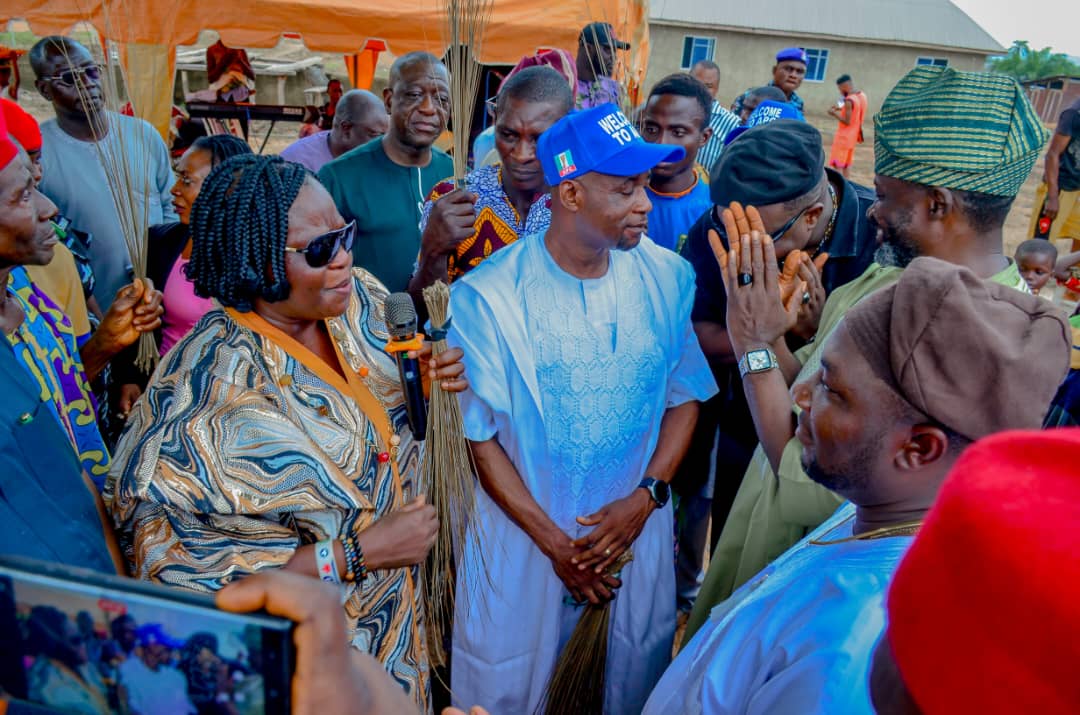
GIPHY App Key not set. Please check settings